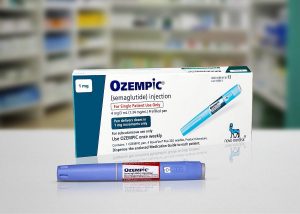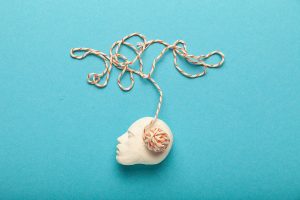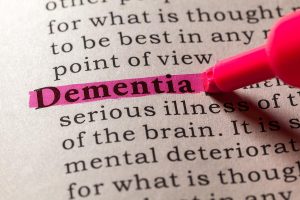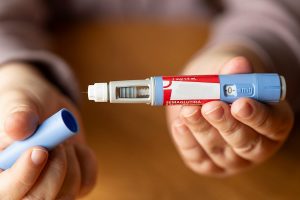
While U.S. veterans are already eligible for emergency suicidal crisis care, starting Tuesday they can get it for free. Care available at any VA facility or any private facility will include up to 30 days of inpatient or crisis residential care, the Department of Veteran’s Affairs announced Friday. It will also include up to 90 days of follow-up outpatient care and ambulance rides to hospitals. The veterans will not need to be enrolled in the VA system. “Veterans in suicidal crisis can now receive the free, world-class emergency health care they deserve — no matter where they need it, when they need it or whether they’re enrolled in VA care,” VA Secretary Denis McDonough said in an agency news release. “This expansion of care will save veterans’ lives, and there’s nothing more important than that.” The change will affect more than 18 million veterans, about twice as many as are enrolled in VA medical care, NBC News reported. This change was required by the Veterans Comprehensive Prevention, Access to Care, and Treatment (COMPACT) Act of 2020. “I am thrilled by Secretary McDonough’s announcement,” Rep. Mark Takano, D-Calif., former chair and now ranking member of the House Committee on Veterans’ Affairs, told NBC News. “This new benefit removes cost from the equation when veterans are at imminent risk of self-harm and allows them to access lifesaving… read on > read on >





















-300x169.jpg)
















